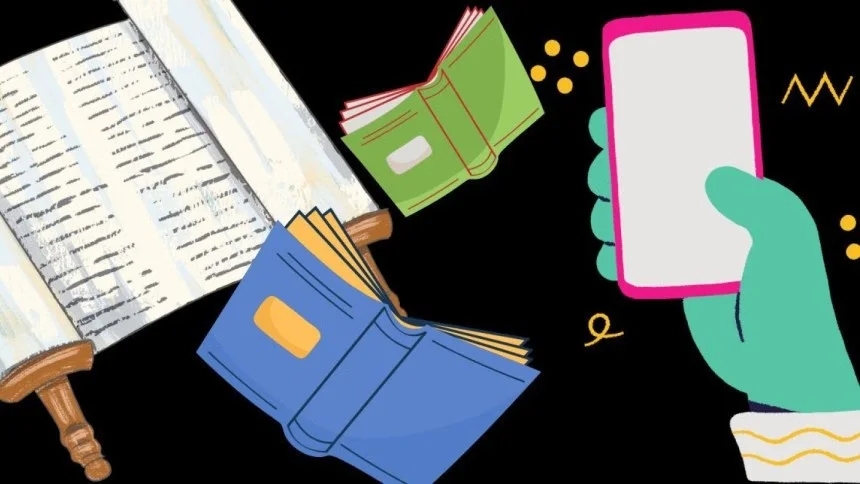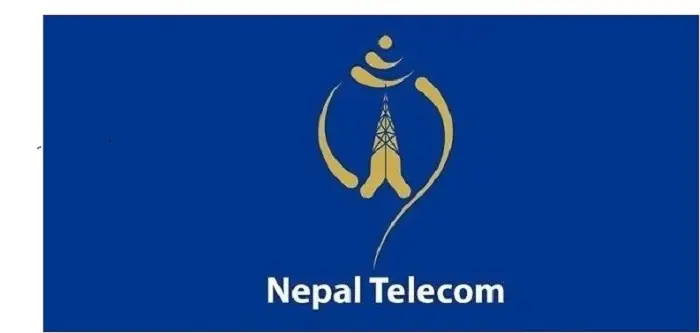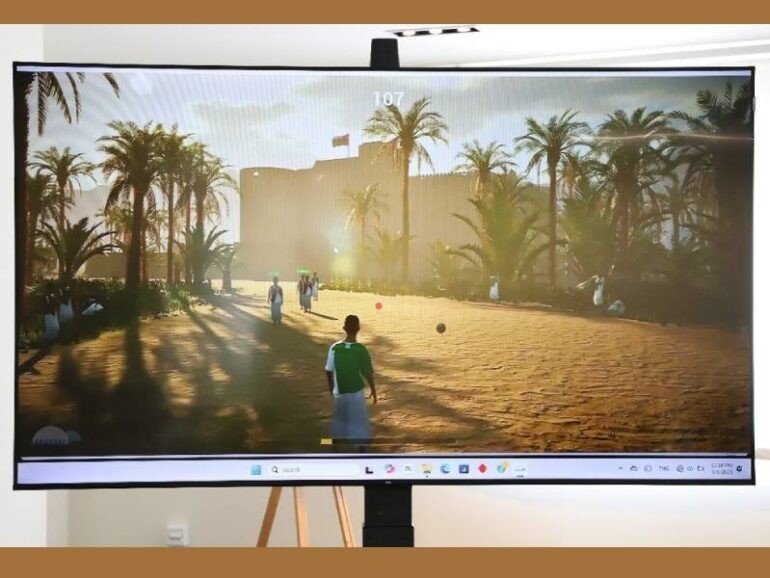Kerala, India’s most literate state, achieved a historic milestone in August by becoming the country’s first state to attain total digital literacy under its “Digi Kerala” initiative. More than 20 lakh people previously classified as digitally illiterate were trained in using smartphones, accessing government services online, conducting internet banking, and engaging with social media platforms.
This achievement represents more than just a technological upgrade—it is a social transformation. In the digital age, literacy is a prerequisite for participation in the economy, governance, and society. UNESCO’s 2024 International Literacy Day theme, “Promoting literacy in the digital era,” highlights the opportunities and risks posed by digitalisation, including the danger of double marginalisation—exclusion from both traditional education and the digital world.
By contrast, Bangladesh continues to lag behind in digital literacy. Although 75.6 percent of its population aged 15 and above are literate, only 45.7 percent of people aged five and above had internet access in 2023. The rural-urban digital divide is stark—42.1 percent of rural residents compared to 57.1 percent in urban areas use the internet. Gender disparities also persist, with 51.9 percent of men online compared to 39.7 percent of women.
The Bureau of Non-Formal Education (BNFE), tasked with advancing adult and functional literacy, has made little progress in addressing digital skills. Its programmes have remained fragmented, plagued by mismanagement, irregularities, and donor mistrust. Most efforts have focused on basic literacy rather than integrating functional or digital literacy, and project cycles have lacked continuity and accountability.
Kerala’s success is rooted in grassroots mobilisation. Its 1990s Total Literacy Campaign saw volunteers visiting households, encouraging night classes, and celebrating new learners publicly, creating a culture of pride in literacy. Similarly, Sri Lanka’s achievements stem from sustained commitments to free education and structural reforms.
For Bangladesh to break the cycle of illiteracy and exclusion, a nationwide, coordinated literacy campaign is required. It must integrate functional and digital literacy into non-formal education programmes, mobilise local governments and NGOs, and ensure accountability. In today’s world, literacy is no longer optional—it is a fundamental right and the foundation of national development.















